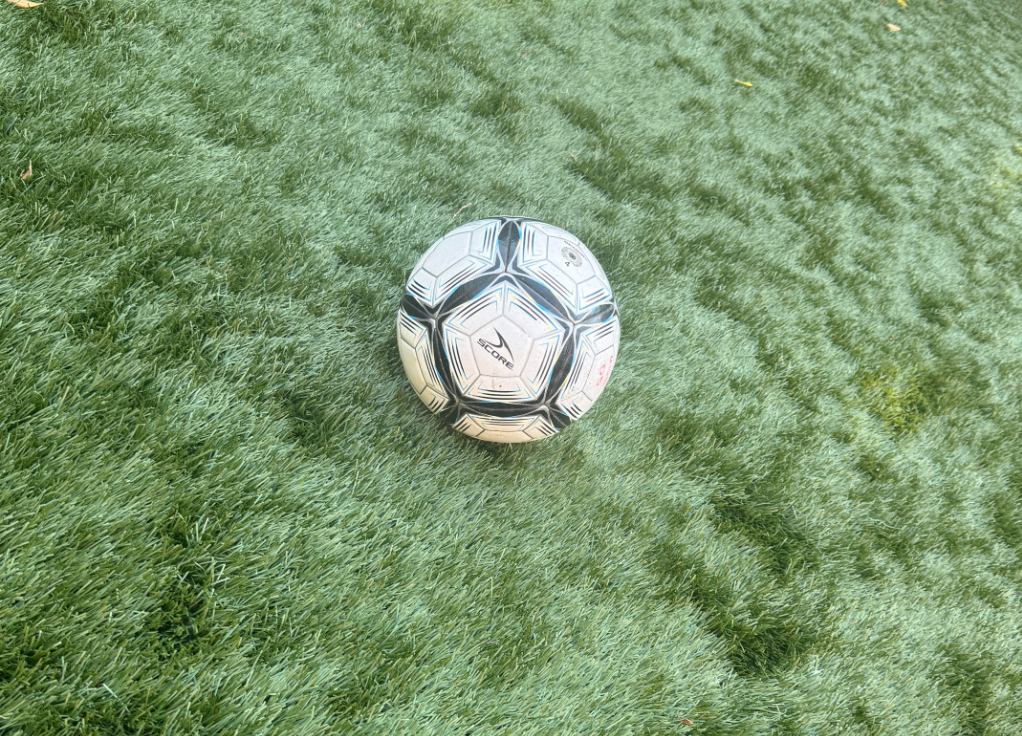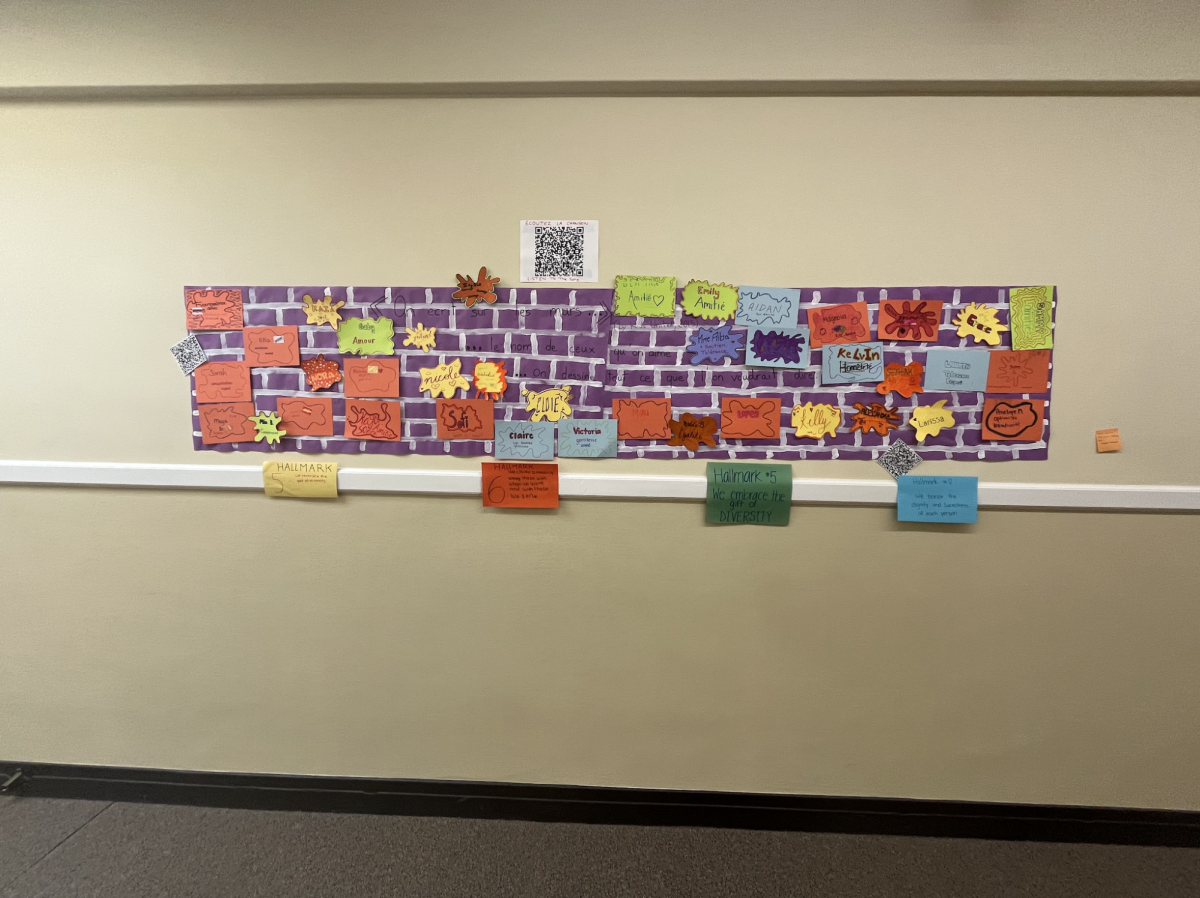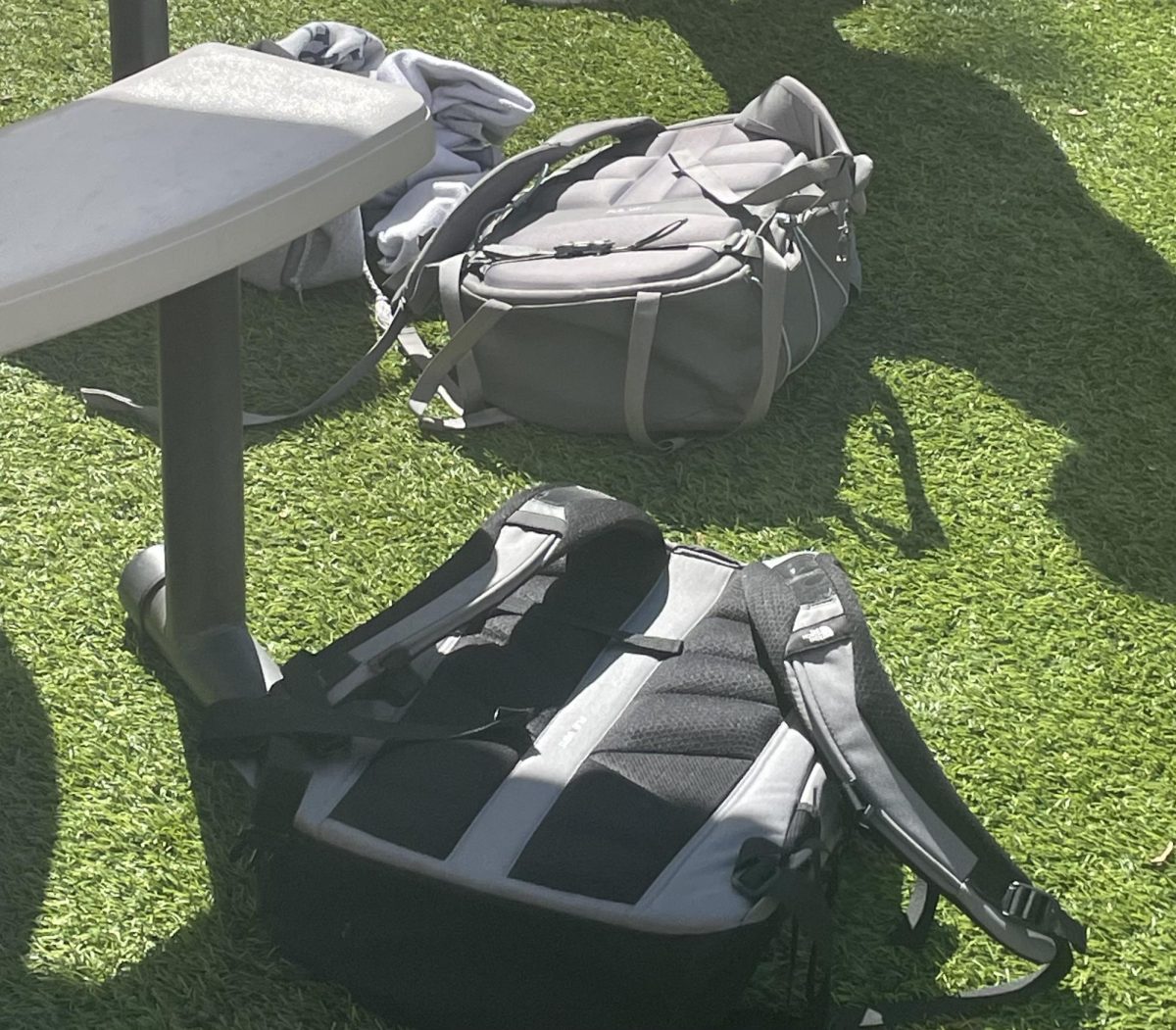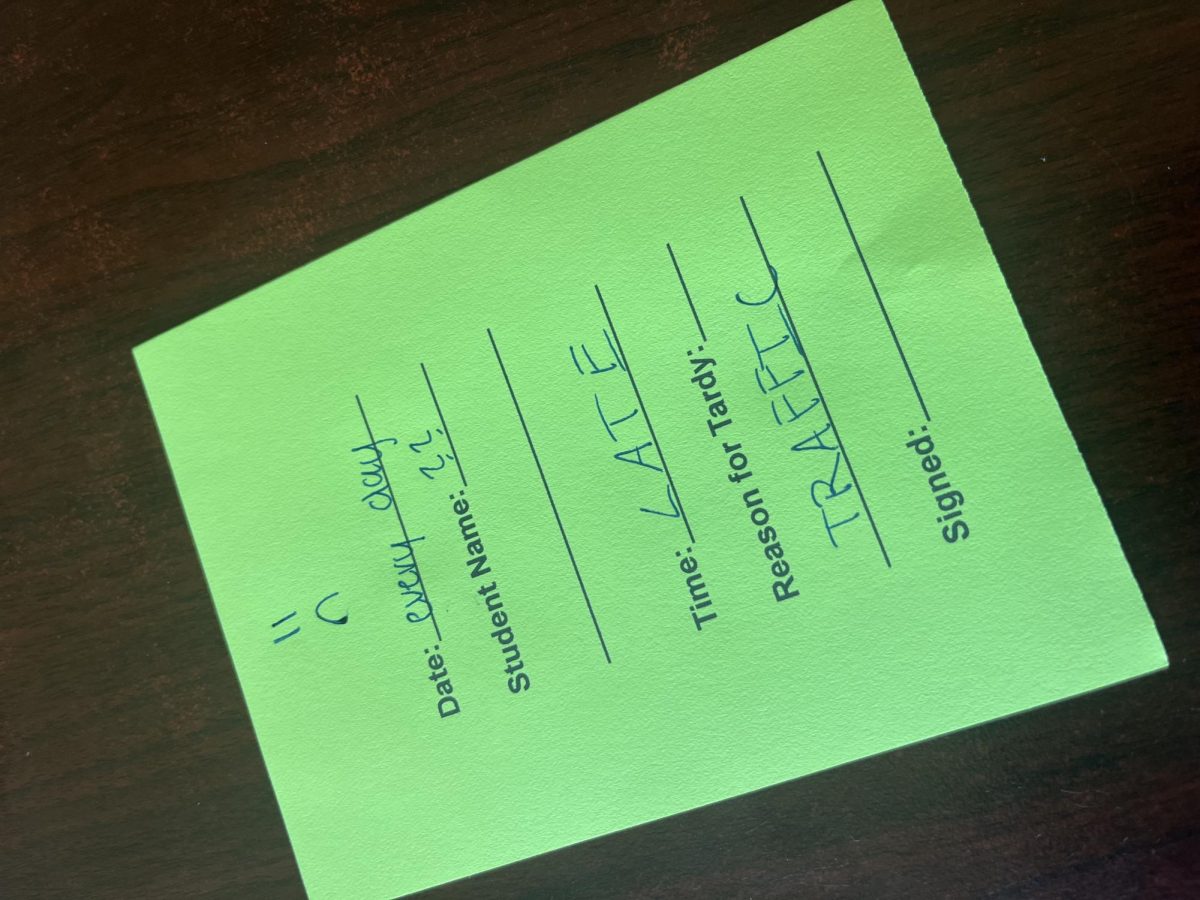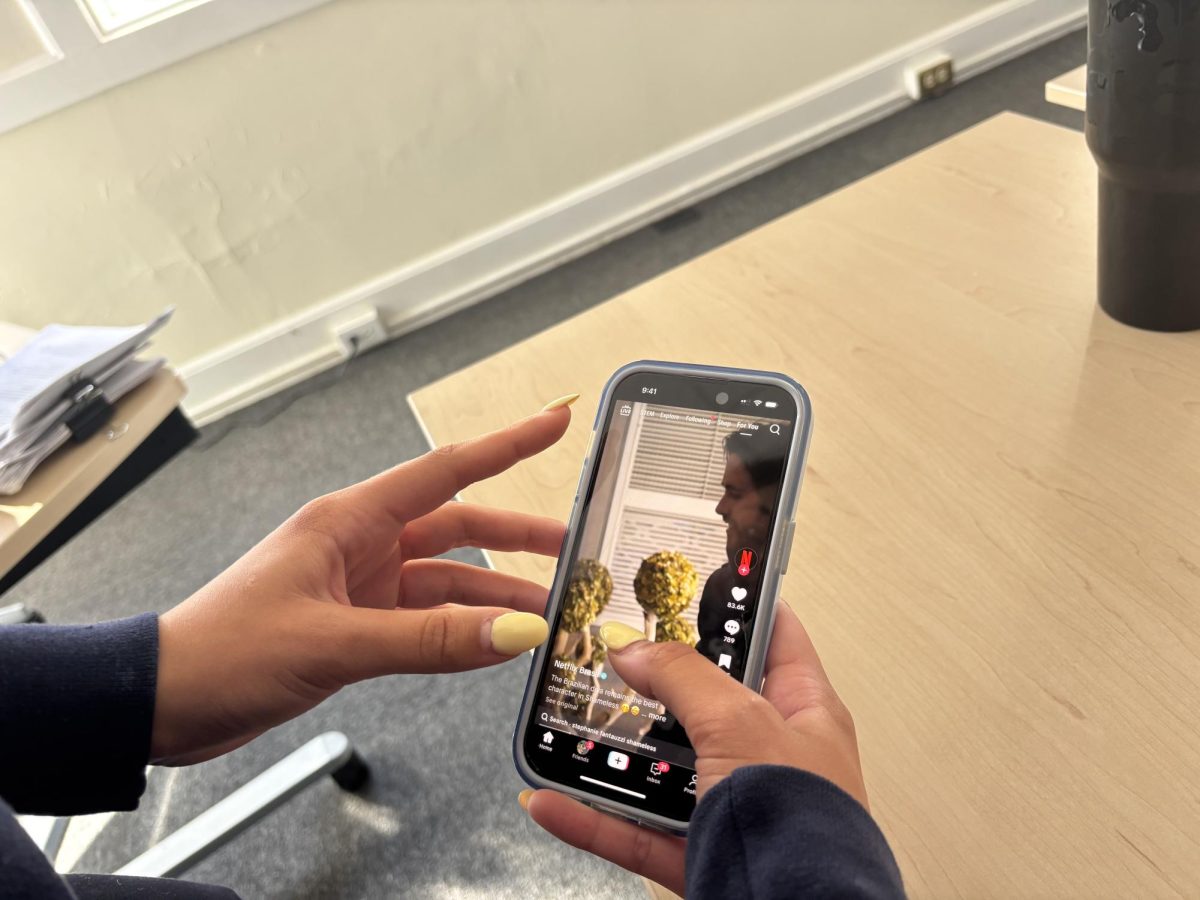Daily, students are engaged in a variety of extracurricular activities, which often include sports. Some leave class early to attend sporting events and spend hours training for their sport. Although it may seem overwhelming, sports benefit not only people on the field, but also those off it.
As a student-athlete, managing a busy sports schedule is essential for learning valuable life skills. It helps many people learn to create a schedule and manage their time effectively. Attending school from 8:30 to 3:00, then having tennis practice from 3:30 to 5:30 and then volleyball coaching from 6:00 to 7:00 helps me plan ahead of time. To complete everything I need to do, it is essential for me to curate a schedule that includes studying for tests, completing my homework and also leaving time for myself. This all creates a healthy and organized lifestyle. Whether it’s setting aside time over the weekend to do homework or dedicating my lunch hour to studying for a test, a busy schedule ensures a put-together life. Therefore, a busier lifestyle can help students to become more organized and manage their time effectively.
Aside from the academic perspective, sports can also teach essential life skills that are difficult to learn solely from a textbook. Discipline, leadership and teamwork are all valuable skills that can be developed through various sports and activities. Whether it’s soccer, tennis or volleyball, athletes have the opportunity to learn how to tackle both successes and failures. Sports emphasize never giving up when problems arise or things get difficult. These are lessons that can be implemented in future careers and endeavors.
Although sports may cause injuries or overwork people, when students can balance sports and academics, the positives significantly outweigh the negatives. Physical activity provides teenagers with a healthy outlet for stress and can help to build confidence in ways that studying alone cannot. Someone who may not be bright in a classroom setting may find that their true passion lies on a soccer field. Competing in a sport can give a student a sense of meaning and worth, positively impacting their mental health as well.
Ultimately, a team consists of people working together to accomplish a shared goal and despite their differences, this can help them form similarities. They can bring people from diverse backgrounds together through after-school activities like football games filled with spirit or volleyball matches against a rival school, where people can create friendships and long-lasting memories. Students often admit that attending sporting events with friends is a highlight of their high school years.
It should be recognized that sports are more than just after-school activities. They help teenagers connect with their communities, grow as individuals and to stay healthy. High school is about preparing for the future and sports are one of the best ways to achieve that goal.

